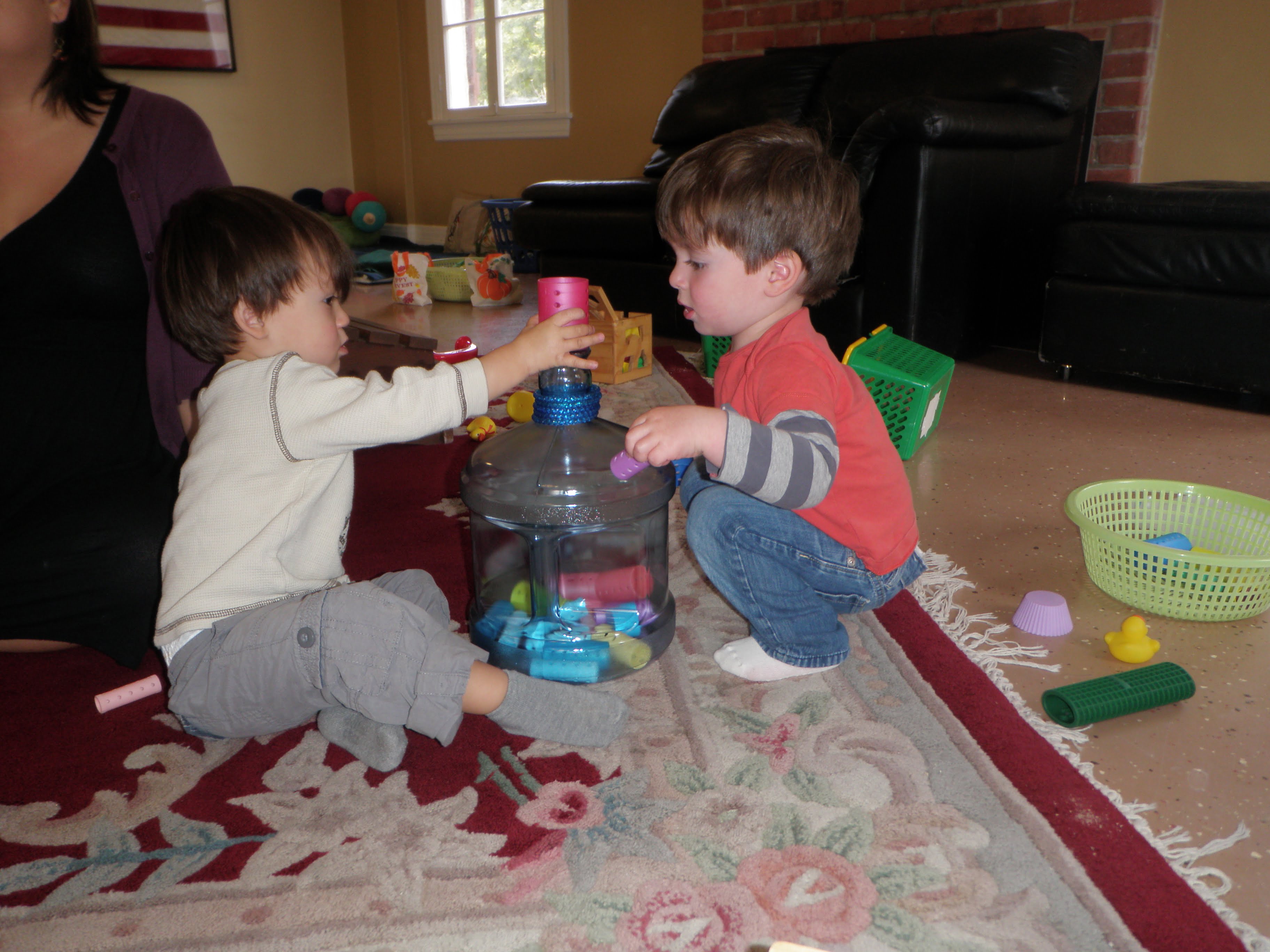What if my child eats only _____?
What food do you expect to see in this blank?
I thought it would be candy… but parents enter very different foods: fruits, meats, bread, and even vegetables.
We want our children to have a balanced diet, healthy habits and take them to adulthood. Parents provide a variety of foods at mealtime and what do we do if it is not enough? If the child strongly prefers one kind of food?
Typical strategy:
1. Offer the food he likes less first.
2. Or say, “Once you eat your ________, you can have ________” It seems like a reasonable thing to do.
A parent told me, “You don’t understand. We want him to eat vegetables and he is interested only in meat.”
Next week another parent had the opposite concern, “My child only eats vegetables, but he needs protein.”
I am sure this issue has more than one component to it. But what if we are creating part of the problem by the way we react to it?
An interesting thing is that any restrictions create more interest towards the restricted item. I feel like the child gets the wrong message: “Eat this healthy but yucky food, then you can have a little bit of this tasty desired food.”
During Snack Time I serve bananas to the children. At some point, I introduce cheese. I have been doing this for more than ten years and have always had the same order and same dynamic: once the cheese is introduced – everyone demands the cheese.
I would respond calmly and say “You can have a banana while you are waiting for cheese or you can just wait for cheese. Children will make different choices: some will have bananas while waiting, and some will just wait. I assumed they like cheese more and I assumed that they are tired of bananas, until in one class I served in reverse – I was shocked to learn that the children preferred the second item and didn’t care much for the cheese anymore.
It was a huge surprise to me that my actions created preferences.
What can we do to support healthy eating habits?
1. Serve a wide variety of nutritious food. And also purchase nutritious food.
It is easier to create healthy habits from a young age. It is easier to send a message about a balanced diet by modeling. Having a lot of processed food at home and saying that it is not the best choice contradict each other.
Children will choose to eat nutritious food, not because it is healthy, but because they are used to it.
2. Avoid restraining one kind of food.
Serve at least one familiar item each meal and one or two less preferred/new items. Let the child choose freely.
Stay away from the message, “Once you eat ___, you can have_____.” Mix it up. Serve foods in a different order.
3. Serve the same food many times.
Some nutritionists believe that the child should see the new food at least ten times and then try it ten times before deciding if he likes it or not.
And even then, you might want to come back to this food item in a few months.
4. Pay attention to how you react.
When we are very disappointed that the child is not eating something, we can accidentally reinforce his refusal. It is interesting that too much excitement and praising the child can lead to the same issue.
5. Do not force the child to eat.
“Please, last spoon…” I understand that many of us want children to eat because we want them to grow and be strong. When we allow the child to leave the table when he is full we allow him to listen to his body and adjust how much intake he needs.
If the child feels forced to eat he will protest more and more each meal. Power struggle around food is not a pleasant experience neither for parents or a child.
6. Do not trick children into eating.
It is tempting to entertain or distract the child in order to give him more food. By doing this, grown-ups do not allow a child’s body to regulate and signal when it is full. It could become a lifelong challenge. It also sends the wrong message about the whole eating process, such as if it were something unpleasant that needs convincing.

Let me know if you need more information about RIE® Parent-Infant Guidance™ Classes.
Enjoy your mealtime and wishing you all the best in this difficult yet exciting journey of parenting!
Warmly,
Teacher Kira














